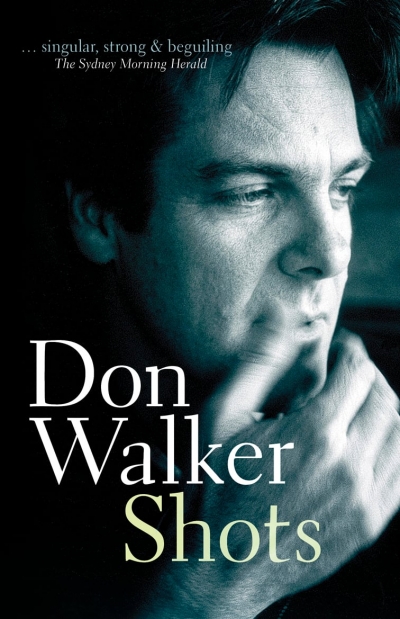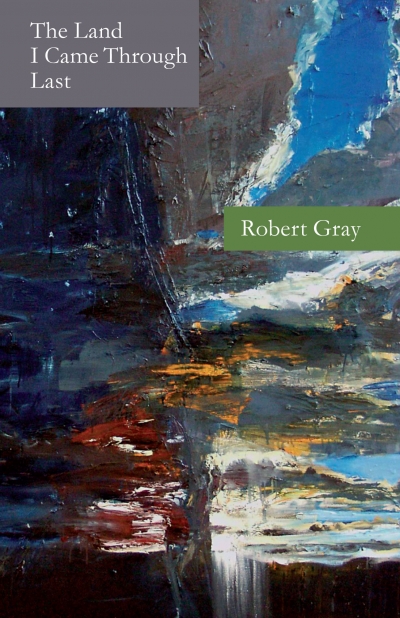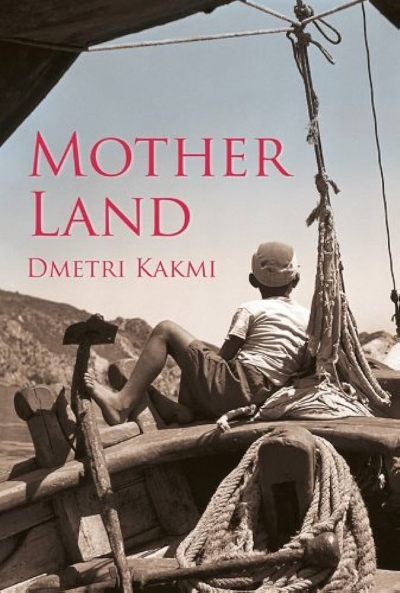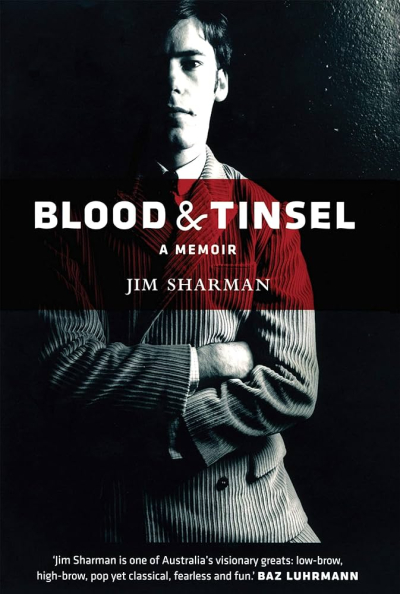Memoir
Father Of The House: The memoirs of Kim E. Beazley by Kim E. Beazley
by Geoff Gallop •
Strange Museums: A Journey through Poland by Fiona McGregor
by Claudia Hyles •
The Costello Memoirs: The age of prosperity by Peter Costello and Peter Coleman
by Neal Blewett •
Arabesques: A tale of double lives by Robert Dessaix
by Chris Wallace-Crabbe •










